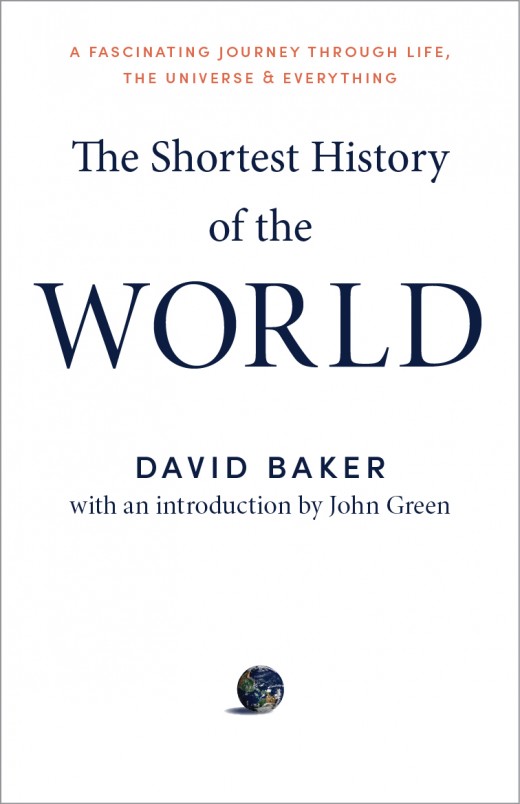


Books in series

The Shortest History of the World
2022

The Shortest History of Economics
2024

The Shortest History of Italy
3,000 Years from the Romans to the Renaissance to a Modern Republic―A Retelling for Our Times
2024

The Shortest History of Japan
From Mythical Origins to Pop Culture Powerhouse―The Global Drama of an Ancient Island Nation
2024
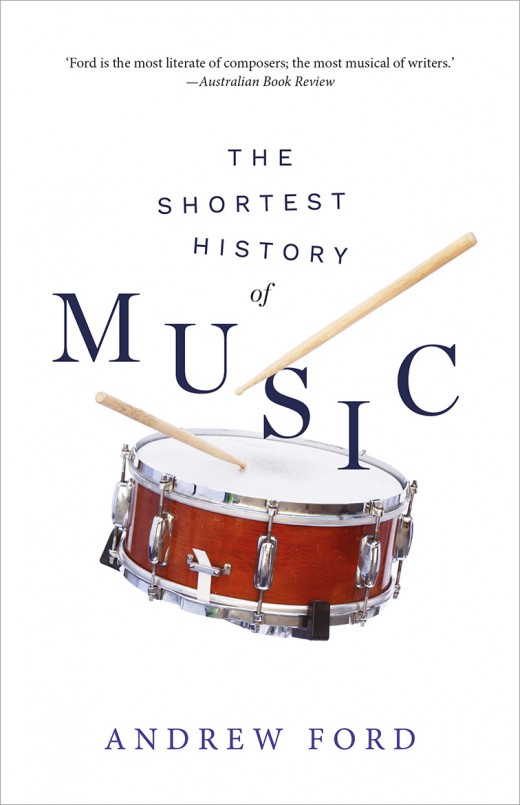
The Shortest History of Music
2024
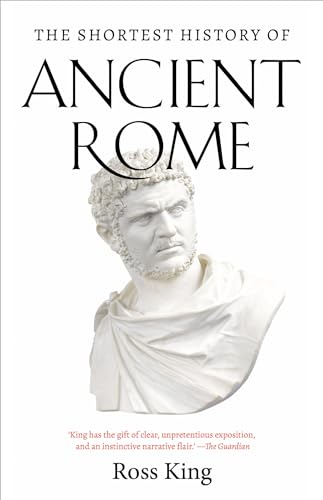
The Shortest History of Ancient Rome
2024

The Shortest History of France
From Roman Gaul to Revolution and Cultural Radiance―A Global Story for Our Times
2025
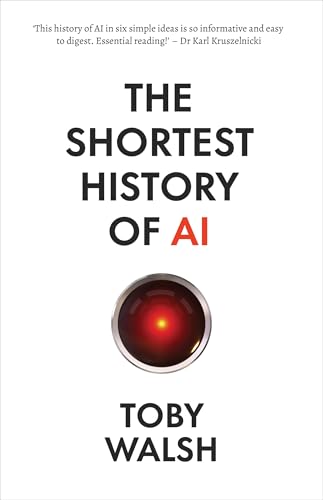
The Shortest History of AI
2025

The Shortest History of Sex
Two Billion Years of Procreation and Recreation
2023
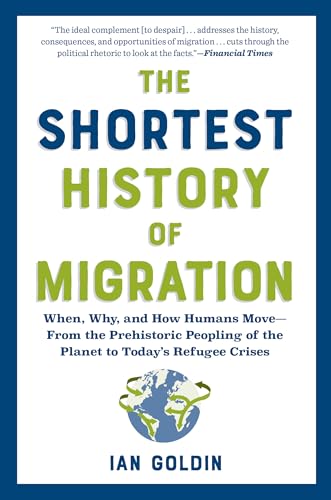
The Shortest History of Migration
When, Why, and How Humans Move - From the Prehistoric Peopling of the Planet to Today and Tomorrow's Migrants
2024
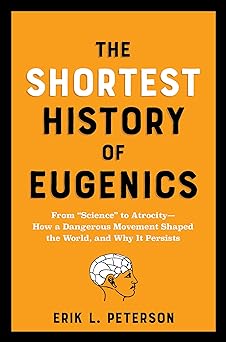
The Shortest History of Eugenics
From “Science” to Atrocity―How a Dangerous Movement Shaped the World, and Why It Persists
2024
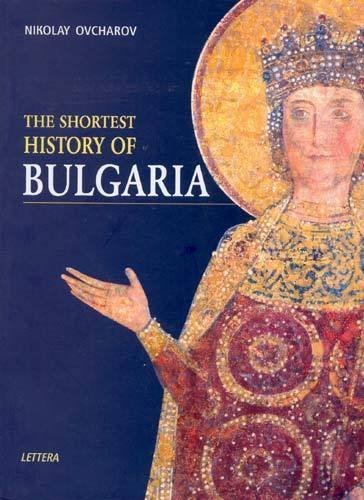
The Shortest History of Bulgaria
2025
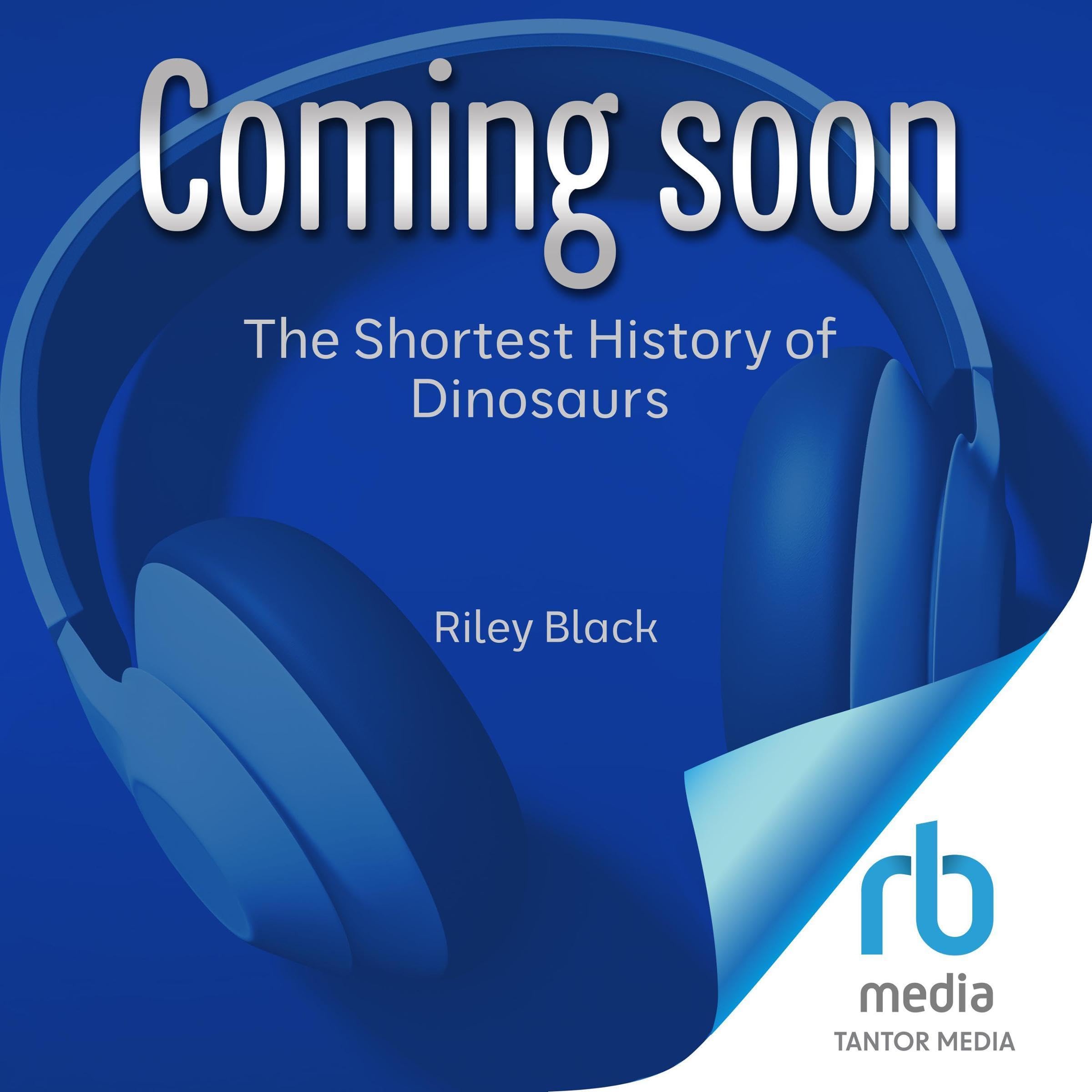
The Shortest History of the Dinosaurs
The 230-Million-Year Story of Their Time on Earth
2025
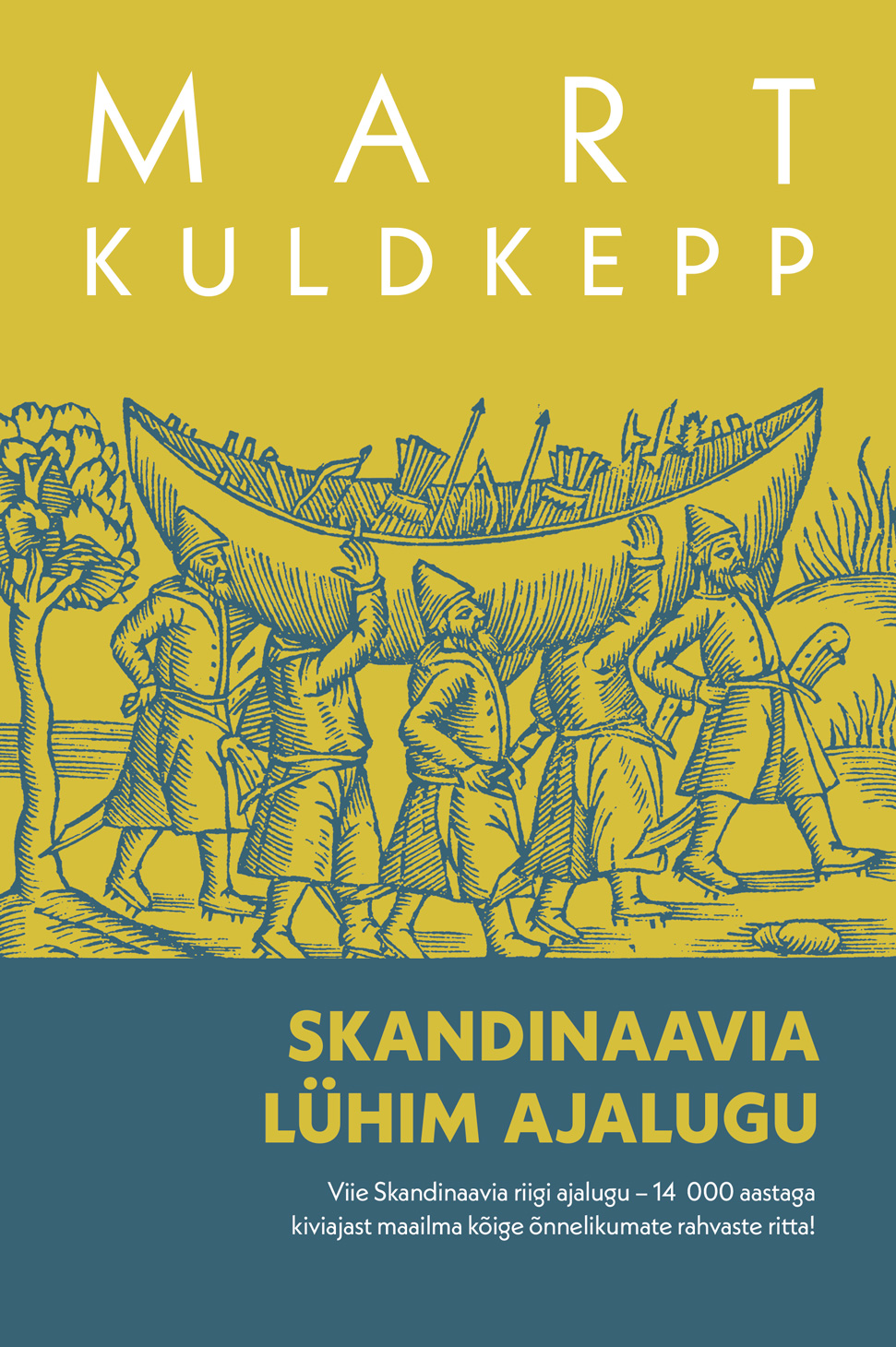
Skandinaavia lühim ajalugu
2025
Authors

I write historical fiction set in Japan - women’s untold stories, largely true and based on meticulous and detailed research, though primarily, of course, good yarns. I’ve just finished The Shogun’s Queen, the fourth of The Shogun Quartet, four novels set in the nineteenth century during the tumultuous fifteen years when Japan was convulsed by civil war and transformed from rule by the shoguns into a society that looked to the west. Preorder: http://bit.ly/TheShogunsQueen The second, The Last Concubine, was shortlisted for Romantic Novel of the Year 2009 and translated into 30 languages. The other two novels are The Courtesan and the Samurai and The Samurai’s Daughter. My non-fiction on Japan includes Geisha: The Remarkable Truth Behind the Fiction and Madame Sadayakko: The Geisha who Seduced the West. I’m also a journalist and travel writer, give lectures and teach Creative Writing at City University in London.


